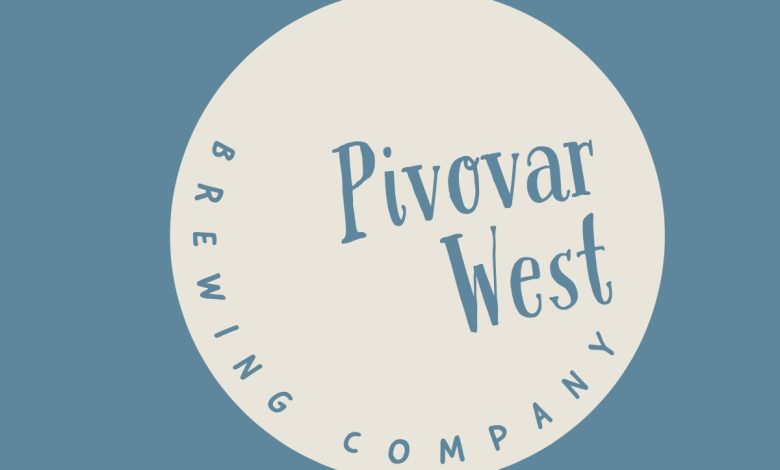
When original Abnormal Beer Co. head brewer Derek Gallanosa moved to Northern California, he took his internet fame with him. A popular figure in beer forums and among craft enthusiasts far and wide, his involvement with Abnormal, the brewery built inside The Cork and Craft restaurant in Rancho Bernardo, had helped fuel its popularity during its early years. To see that driving force drive out of town could have been disastrous, but before Gallanosa left, he set his employers up with a solid brewer who understood not only the science of fermentation but also how to build an engaging beer program which would continue to speak to Abnormal’s fervent fan base.
That individual was Nyle Molina, who crossed the country to take the job, coming over from South Florida’s Funky Buddha Brewery. In the three-plus years that followed, Abnormal remained a formidable force, with Molina brewing popular and trendy styles as well as staid, traditional styles, including a variety of clean, easy-drinking lagers. The company has since branched out, making its beers available internationally and opening a satellite venue in Phoenix. Bottom line, the sky didn’t fall following Gallanosa’s departure. Not even close. Molina is proud of that, but he’s also ready to take on a new challenge, one that’s much more personal for him. And it goes by the name of Pivovar West Brewery. Or at least it will.
At present, Pivovar West is a grand idea Molina has held in his heart and worked toward for the past eight years. It’s really quite simple: a brewery steeped in Old World European tradition, producing a line of historically accurate lagers and offering them in a beer hall setting complete with dishes from the countries where those styles originate. It’s a concept quite similar to that of Bierstadt, a brewery in Denver, Colorado, which is the must-stop darling of professional brewers when they are in town for the city’s annual Great American Beer Festival event. That company’s Slow Pour Pils is legendary across the country and one of just three core beers it produces. Those and its occasional draft-only offerings are similarly simple, but well-done Germanic lagers and ales. Many are the San Diego brewers who wish their hometown had something like Bierstadt to call its own, and Molina is one of them.
I started brewing professionally so that I could learn and get the experience needed to run a successful brewery. I always loved lager and, as a home brewer, I came to understand that brewing them well meant you were on top of your game, so that led me halfway there. The final driver of my brewery concept came from two loves of mine: my Czech-born wife-to-be and Bierstadt. San Diego is far overdue for a traditional lager house and I want to bring that to life paired with the rich beer culture of the Czech Republic.”
Nyle Molina, Founder, Pivovar West Brewery
Molina resigned from Abnormal last month to devote all of his time to realizing his concept. While COVID-19 has created uncertainty for some would-be entrepreneurs, the pandemic and its effects on peoples’ psyches served as a motivator for Molina to make this leap. He says seeing how anxious people are to go out, gather and experience life after not being able to do so in a normal way, numbed his worries about opening a business in the near-term.
Molina is in the process of scouting out the right manufacturing space for Pivovar West and securing additional financial backing to cover construction and equipment costs. He is open as far as location but prefers North County, with Oceanside and Vista ranking as his ideal communities. Of particular interest to him is H.G. Fenton’s new and currently vacant Brewery Igniter lease-to-brew suite in Oceanside, though any already built-out turnkey space is equally advantageous.
“My must-have list is short. High foot- and road-traffic, enough room to create an open and inviting atmosphere for guests and production capacity of at least 1,500 barrels of beer per year,” says Molina. “I think our sweet spot for a minimum square-footage is around 4,000, using a 10-to-20-barrel system, ideally with the ability for step-mashing or decoction.”
The long-term goal is to set up an initial headquarters to handle the bulk of beer production, then after a few years, expand to open the first of several eateries with onsite brewing setups to increase production. As with the initial concept, European beer (including styles from other countries such as Belgium) and food will serve as fuel for communal dining and cultural conveyance. The annual production goals that will trigger the business’ second phase will be 1,500-2,000 barrels per year.
But for now, Molina is looking for the right spot from which to start his journey and backers who see potential in his concept. (Interested parties can reach him via email.) “I’m sure I’m not the only person who thinks we need our own version of Bierstadt,” he says. “I want to be the one to get it done…and get it done first.”

